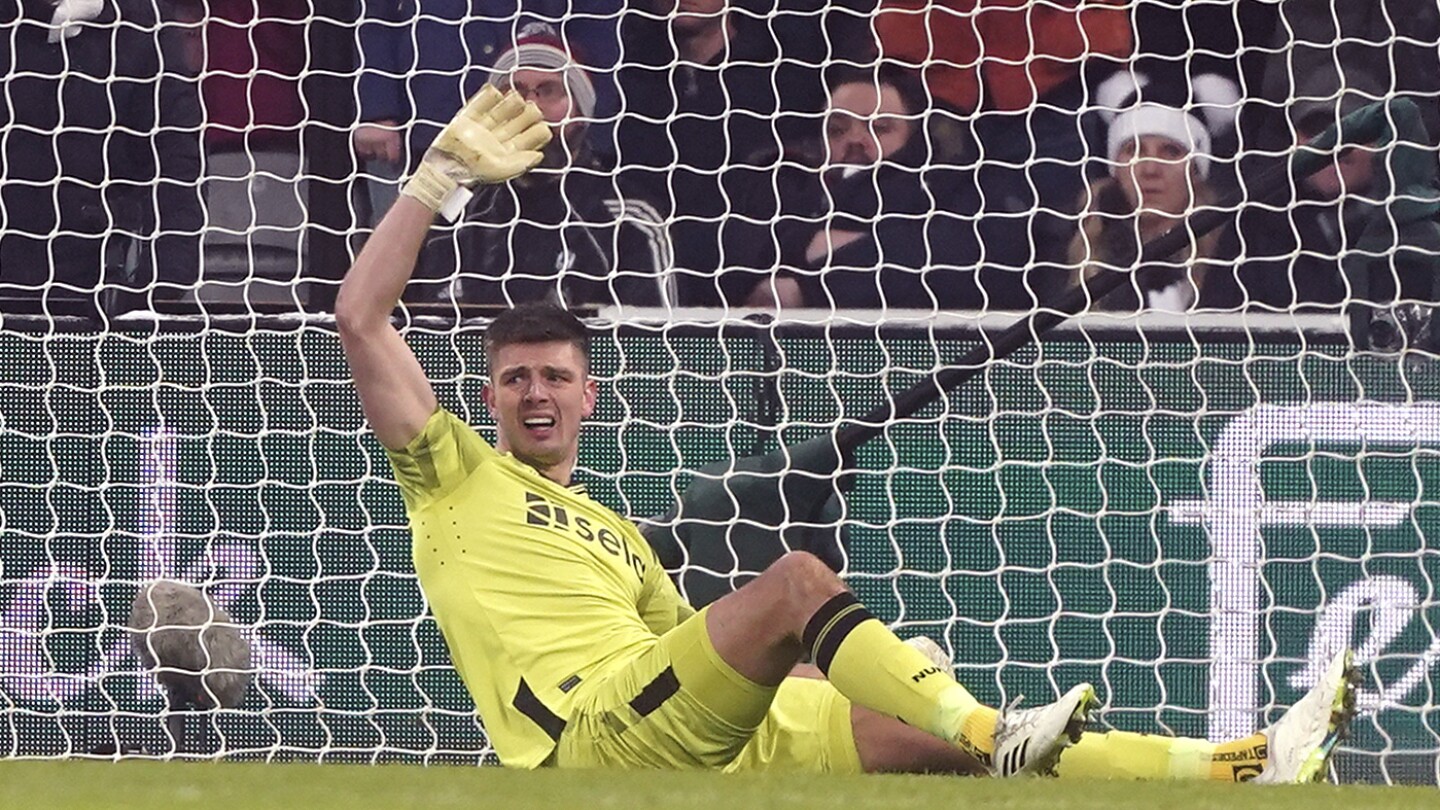Australia will help train Papua New Guinea police as part of a wide-ranging security deal signed on Thursday.
The prime minister of PNG, James Marape, said the “historic” deal did not mean his country was picking between China and the west at a time of growing rivalry for influence across the Pacific.
Under the agreement signed in Canberra, the two countries “shall prioritise consultations with each other” about PNG’s security needs, including police equipment.
The Australian government announced it would spend $200m “in support of Papua New Guinea’s national security priorities”.
In addition, the government would allocate new funds to help establish a Port Moresby-based police recruit and investigations training centre, which is intended to also offer training places to police from other Pacific countries.
The agreement says Australia and PNG will strengthen cooperation in a range of areas including defence, police, law and justice, cybersecurity, climate and violence against women and children.
The agreement also says the two countries should hold talks to consider how to respond “in the event of a security-related development that threatens the sovereignty, peace or stability of either Party, or the Pacific region”.
“In the event of an external armed attack on either Party, the Parties shall consult for the purpose of deciding what measures should be taken, jointly or separately, in relation to the attack,” the deal says.
The agreement does not prevent PNG from cooperating with other countries on security assistance, but there is a provision in the deal that says the two countries shall coordinate on “the involvement and contribution of third parties”.
PNG signed a security treaty with the US earlier this year, but maintains a policy of friends to all and enemies to none.
The negotiations with Australia were reported to have been delayed earlier this year over concerns about impacts on PNG’s sovereignty, including over the status of visiting forces.
The new deal is described as a security agreement rather than a treaty, but both sides have played down the impact of this shift in language.
The deal includes a guarantee that the status of Australian and PNG forces in each other’s country will be “no less favourable than would be afforded to personnel from other countries”.
The Australian prime minister, Anthony Albanese, said after signing the deal that it was legally binding and represented a natural progression in the relationship with PNG.
after newsletter promotion
He said Australia would provide a new package of support for policing infrastructure and training.
“It will make it easier for Australia to help PNG address its internal security needs and for Australia and Papua New Guinea to support each other’s security and the region’s stability,” Albanese said.
“We worked it through in a way that we both got exactly what we wanted from this process,” Albanese said.
Marape said there was no need for the agreement to be ratified by the PNG parliament.
He said the people of both countries should be satisfied by the agreement, adding that each country respected each other’s sovereignty.
Addressing the Australian people, Marape said: “What happens up north of your borders has a deep shared effect, benefit, consequences on our region.”
Albanese has invited Marape to return to Australia on 8 February as a guest of the Australian government. He will make an address to a joint sitting of parliament on that date, the first leader to be afforded than honour since Indonesia’s president, Joko Widodo, in 2020.
#Australia #train #Papua #Guinea #police #nations #strike #security #deal #Australian #foreign #policy


